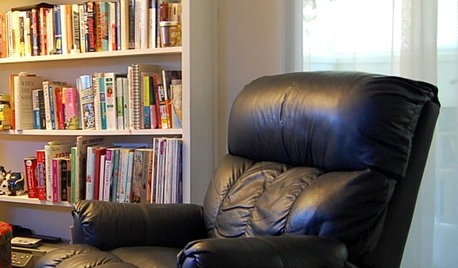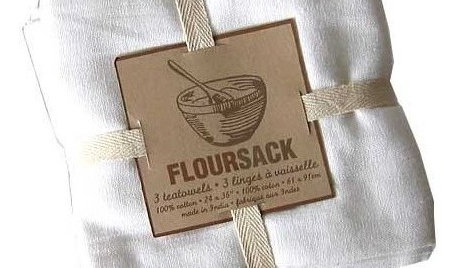Flood proofing home--FloLogic or alternative?
jeanie_beth
15 years ago
Related Stories

DISASTER PREP & RECOVERYFamily’s New Style Rises in the Aftermath of a Flood
After their damaged walls are demolished, homeowners realize they like the open space and decide to keep it
Full Story
GARDENING GUIDESGarden-Friendly Native Alternatives to Overplanted Exotics
There are lots of gorgeous, wildlife-friendly native plants ready to make an appearance in your garden
Full Story
GARDENING GUIDES6 Plants That Beat Butterfly Bush for the Wildlife Draw
It's invasive, a nonnative and a poor insect magnet. Check out these better alternatives to butterfly bush in the garden
Full Story
MOST POPULARBudget Beach House: A Trailer Gets Ready for Summer Fun
Punchy prints and colors star in a creative approach to Jersey Shore living
Full Story
ARCHITECTUREDesign Workshop: How to Make a Home Sit Lightly on the Land
Piers, cantilevers, towers and more can help minimize a home’s environmental impact on its site
Full Story
GREAT HOME PROJECTSHow to Add a Skylight or Light Tube
New project for a new year: Increase daylight and maybe even your home’s energy efficiency by opening a room to the sky
Full Story
MOVINGHome-Buying Checklist: 20 Things to Consider Beyond the Inspection
Quality of life is just as important as construction quality. Learn what to look for at open houses to ensure comfort in your new home
Full Story
DECORATING GUIDESDiscover the Unstoppable Advantages of Cork for the Home
Look beyond wine stoppers to see cork's ecofriendliness, durability, fire resistance and antimicrobial nature for all kinds of home products
Full Story
FUN HOUZZ10 Things People Really Don’t Want in Their Homes
No love lost over fluorescent lights? No shocker there. But some of these other hated items may surprise you
Full Story
PRODUCT PICKSGuest Picks: Earth-Friendlier Finds for the Home
Reduce paper and plastic use the simple, stylish way with ecoconscious kitchen, laundry and bathroom items
Full Story






davidandkasie
chris8796
Related Professionals
Vienna Handyman · Artondale Kitchen & Bathroom Remodelers · Brentwood Kitchen & Bathroom Remodelers · Broadlands Kitchen & Bathroom Remodelers · Charlottesville Kitchen & Bathroom Remodelers · Crestline Kitchen & Bathroom Remodelers · Deerfield Beach Kitchen & Bathroom Remodelers · Franconia Kitchen & Bathroom Remodelers · Fremont Kitchen & Bathroom Remodelers · Fort Pierce Kitchen & Bathroom Remodelers · Hunters Creek Kitchen & Bathroom Remodelers · Las Vegas Kitchen & Bathroom Remodelers · League City Kitchen & Bathroom Remodelers · Port Charlotte Kitchen & Bathroom Remodelers · Gibsonton Kitchen & Bathroom Remodelersampjdad
pjb999
jake2007
chris8796
Ron Natalie
happydad1
kirkhall
happydad1
brickeyee
alan_s_thefirst